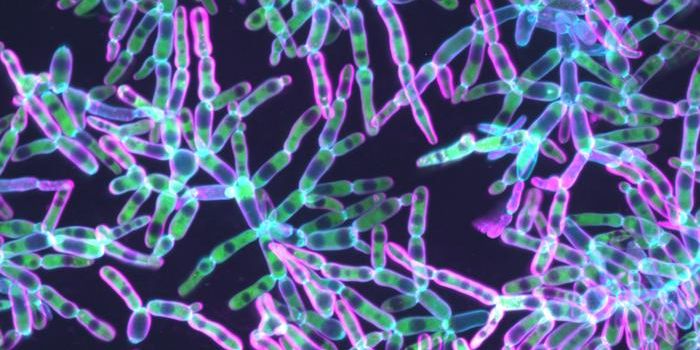A Potential New, Less Costly Treatment for Pompe Disease
Some rare genetic disorders impair a critical molecule that has to be replaced, or serious disease or disability will occur. One of these disorders is Pompe disease, which is caused by a genetic mutation that disrupts a digestive enzyme called acid alpha-glucosidase (GAA) or acid maltase. The GAA enzyme would normally break complex sugar molecules down so they can fuel muscle activity; it normally converts glycogen into glucose. But in Pompe disease, glycogen builds up in cells because the body does not have any functional GAA, which leads to muscle damage, particularly in the heart.
Patients can be treated with regular, large injections of GAA, but the enzyme replacement therapy is expensive and disruptive for people that have to get the treatment regularly, sometimes as often as once every few days. For some, the cost is on the order of hundreds of thousands of dollars every year. It's also very inefficient; only a small amount of the enzyme that's injected reaches the site where it's needed.
Scientists have now created an alternative method that could reduce the frequency and cost of this therapy. The work has been reported in Chemical Science.
The researchers noted that the current process doesn't work very well. “We have developed a simple method of modifying the enzyme that demonstrated much enhanced receptor binding, cellular uptake, and glycogen degrading activity in cells," noted corresponding study author Professor Lai-Xi Wang, of the University of Maryland. “This work holds great promise for a better, less costly treatment of the life-threatening Pompe disease.”
In this work, the researchers identified a molecule that can bind to molecules and ferry them through the bloodstream and into cells; this ligand can cross cell membranes and reach the place where glycogen is metabolized to glucose. Then the scientists attached this ligand to GAA. The research team tested this tagged GAA in a cell culture model, which showed that GAA was delivered to cells much more efficiently than GAA alone.
The investigators are hopeful that this study will open up new, easier treatment options for Pompe disease patients, but more research will be needed to show that the approach works in an animal model. Then it will have to be tested in people. However, for Pompe disease patients, it may eventually lead to a major breakthrough in improving treatment.
Pompe disease is a lysosomal storage disorder; in these diseases, patients lack an enzyme that breaks down a molecule in cells. This research may also lead to better treatment options for other lysosomal storage disorders as well.
Sources: University of Maryland, Chemical Science









